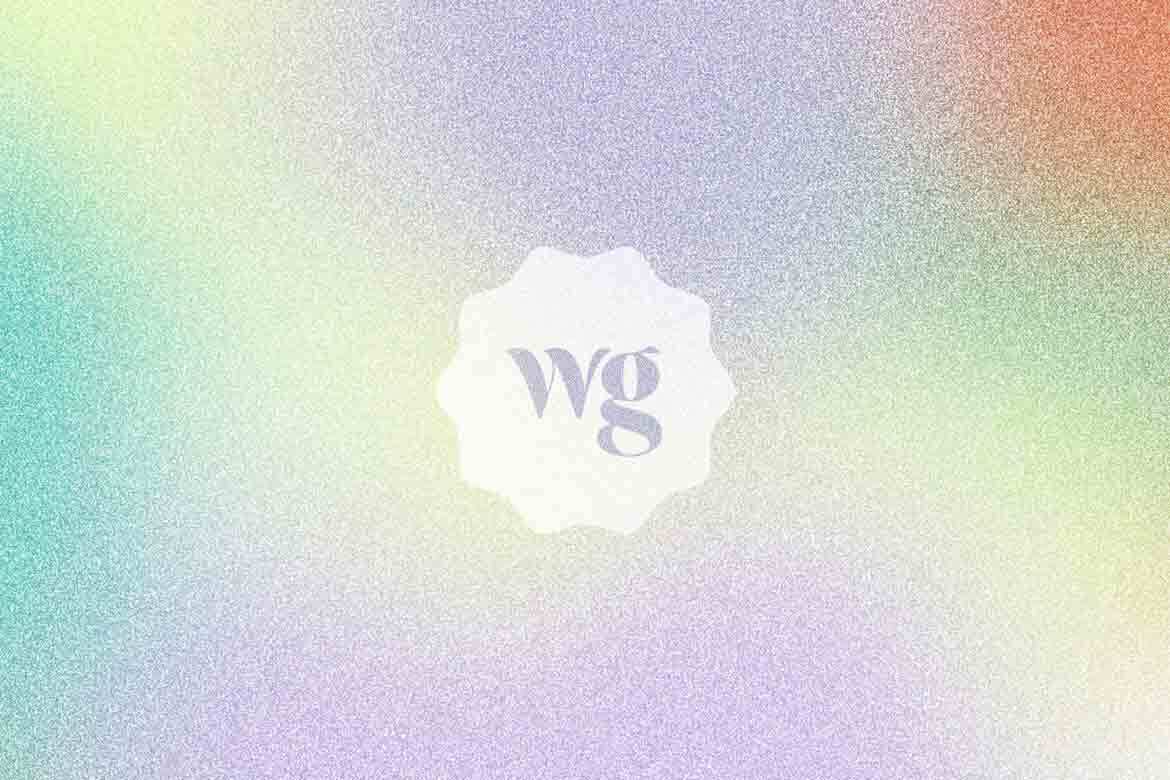Our editors independently select these products. Making a purchase through our links may earn Well+Good a commission
Finding the Beauty in My Own Bittersweet
Writer Francesca Krempa explores the meaning of her melancholy and why it's a *good* thing for creativity and connection.


Finding the Beauty in My Own Bittersweet
I've felt trailed by a hazy, gray cloud for nearly my entire 30 years on Earth. The cloud isn’t raining, per se. Nor does it completely block the sun when it shines. It’s just gray, misty-feeling, and persistent.
Experts in This Article
clinical psychologist, life fulfillment expert, and author of Date Smart, Joy From Fear, and Aging Joyfully
neuropsychologist and author of the book Energy Rising: The Neuroscience of Leading With Emotional Power
Merriam-Webster has two entries for the word “melancholy.” As a noun, it’s defined as “a pensive mood” or “depression of spirits.” As an adjective, it’s “sadness or depression of mind and spirit.” To me, it’s bittersweetness. It’s a state of wistfulness characterized by a propensity for (often somber) reflection. It’s not depression, nor is it the antithesis of joy; there can be elation and hope in my melancholy. It’s a bliss that encompasses two things at once: the happiness tinged with sadness and vice versa. It’s less an emotion and more a personality type—one that’s highly susceptible to rolling waves of heaviness, longing, and sentimentality. It’s a complex, ancient trait that has especially plagued philosophers, painters, writers, musicians, and other artists for centuries.
The bittersweetness of my melancholy is woven into the very core of my being, my proclivity for contemplation creeping into every moment, be it shrouded in joy, anger, contentment, or mere boredom. Even the meaningless moments feel all too meaningful, overbearing even.
Most recently, I teared up watching a sunfish dutifully guard its nest at the local lake, awed by how such a benign creature could be so dedicated to protecting young it didn't even have yet. I'm often moved to tears by nature, nostalgia, and things that aren't necessarily happy but aren't necessarily sad, either. And yet, I'm drawn to them. The complexities of life pull me in like a moth to a sad, blue flame.
Trying to connect with others about experiencing life this way, even close friends and family members, has only left me feeling misunderstood and isolated. I was dubbed “overly sensitive” and “too emotional” before I even knew what the words meant. And as an adult, those are labels I’ve just come to believe about myself; I learned to chalk up my melancholy to a natural shortcoming, but a part of my identity nonetheless.
It’s why I feel like I'm always the last to be informed of bad news in my family's game of telephone—no one wants to break the news to me. It’s also why I feel like my family views my younger sister as the problem-solver, the rational one—whereas they see me as weaker, with my soul more cracked and fragile. Even during my most joyous celebrations—birthdays, graduations, promotions, and other personal milestones—my father will remind me, “You need to enjoy the moment.”
How can I explain to him that I am enjoying the moment—longing for it even—acutely aware of the beauty and significance of it by its very passing?










